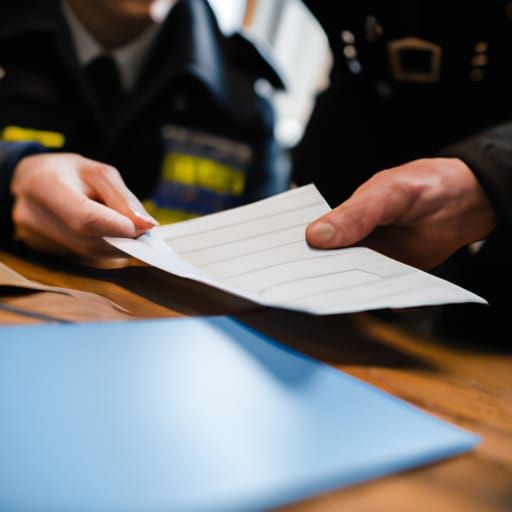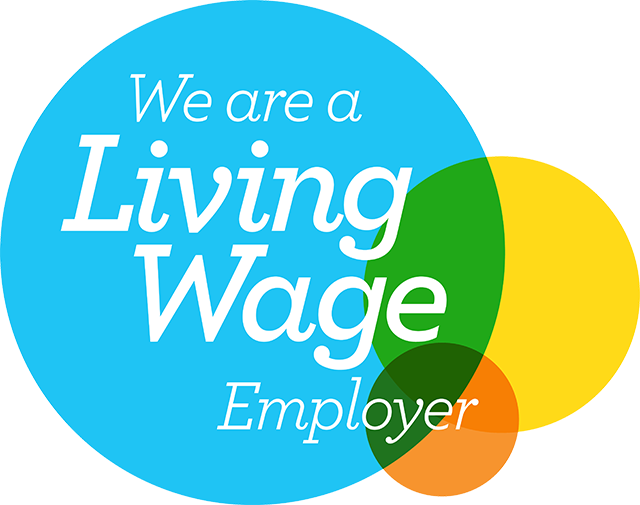In a world awash with information, due diligence stands as a critical shield against the unknown but it’s not a mere checkbox exercise. Kieron Sharp, CEO of FACT, sheds light on six essential principles for robust due diligence
Due diligence is not a tick-box exercise.
Many people use the phrase due diligence very glibly. By that I mean they throw the phrase around and think that a quick check across a search engine will tell them what they want to know. They then trust that it will satisfy regulatory bodies, clients, governments and colleagues. And there are many areas where it will and many times when it will not, because these processes are not properly checked. Superficial examination will just give an appearance of due diligence having been carried out and for many that is enough. There are due diligence providers who make a successful business out of providing ‘just enough’ information and, if the client is satisfied, the whole cycle repeats itself ad-infinitum. At best this could be called ‘due diligence lite’.
English language searching on its own is insufficient.
Despite English being the language of international business and the predominant language of the internet, true searching needs native language ability (i.e. the language of the person being researched) to uncover information and material which would otherwise remain hidden. If you are serious about due diligence, investment is needed in such language skills. How many due diligence providers have substantial in-house language capabilities?
Do not believe everything you read.
The deeper you delve the more information you find. Of course, that is obvious. But how much of what you uncover can you trust. The phenomenon of social media has provided access to a wealth of information unheard of 20 years ago. That all has to be treated with caution as quoting something uncovered online can give someone a misleading impression that the information is accurate. Corroboration is therefore essential, but it can be difficult to corroborate something that has been posted online (for example). So treat everything with great caution and maintain the belief that it is unverified until it is. And when it is substantiated, state the level of substantiation. The relevance of any information is directly proportional to its analysed veracity.
Analysis – what does it mean?
It is all very well finding all this information, whether it is a physical product or found via online research, but is there more that can be done? In itself, the information can provide an early indication to a client what they might be dealing with. But that is the easy part, to truly be effective as a due diligence provider you need to turn information into intelligence and this requires analytical skills and expertise. Highly trained analysts can give insight and understanding into what has been uncovered. There is a night and day difference between the outcomes when you compare analysed intelligence to un-analysed information. Software tools, developed over many years, are an analyst’s best friend. Using this software, their skills in this area can turn the information and intelligence into different formats such as graphs, timelines and charts, which provide a clear picture of what can often be a jumble of information. Personal information, businesses, family members, addresses, vehicles, associates and more can all be linked, demonstrating, for instance, a subject’s complete lifestyle – a boon to the reader in terms of understanding. And that is true whether the subject is living a criminal lifestyle or is a legitimate, honest citizen.
Intelligence to evidence.
What does this mean? It is rare that pure due diligence research will be used as evidence as the bulk of due diligence enquiries are commissioned to simply understand as much knowledge about a person or entity as possible. But what if information suggesting criminal offending is uncovered? It is incumbent on the researcher to report the offending to the police. What then becomes of the initial intelligence or information? Collating and keeping the information to later provide as evidence could well be key. Experienced and highly trained investigators, researchers and analysts will know how to do this and will ensure the information is retained in an evidential format.
Artificial Intelligence is leading to the end of society as we know it.
If there is one subject that will not go away as a news article it is Artificial Intelligence or AI. To some it is a wondrous new development which will transform our lives. To others it is a dangerous development which is already out of control. But pure AI is not yet with us and AI used in the area of online due diligence research is nothing more than a faster and possibly more complete way of finding information. It scrapes the data, searching for relevant information, just like word searching, but is hugely more powerful and potentially more revealing – much more revealing. However, this data/information/intelligence has to be treated with even more caution. Please go back to the section above on corroboration – it is dangerous just to accept as accurate what is found and this is magnified greatly by AI data searching.
Due Diligence is a highly skilled and resource intensive process which requires specialist knowledge and investment in the appropriate tools to do the job. Do not cut corners or try to do it on the cheap.
Featured in the IM (Investment Migration) Yearbook 2024






